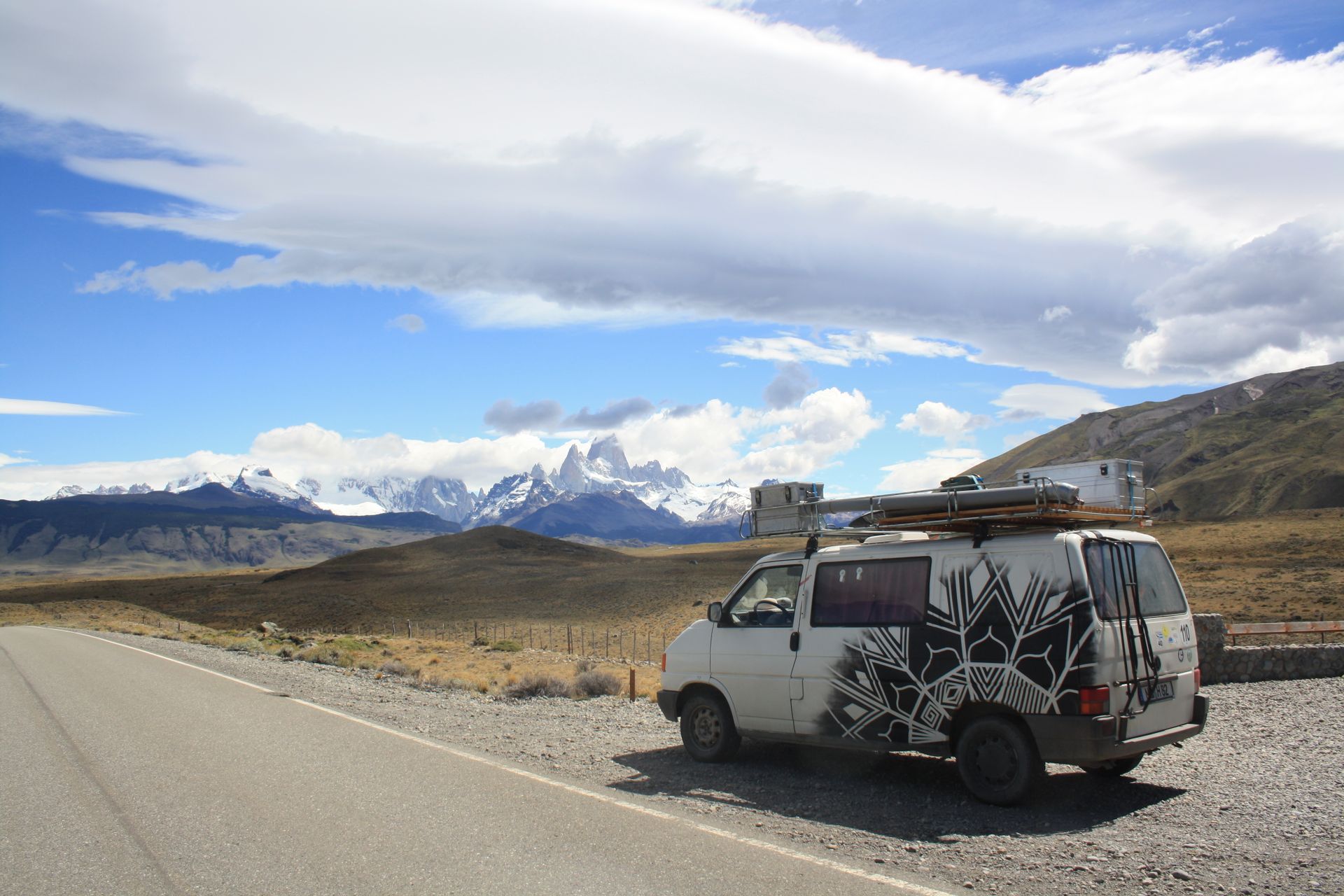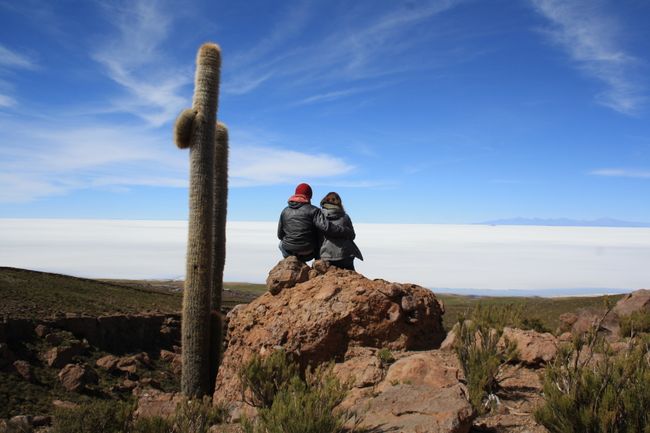San Francisco Pass
게시됨: 27.03.2019
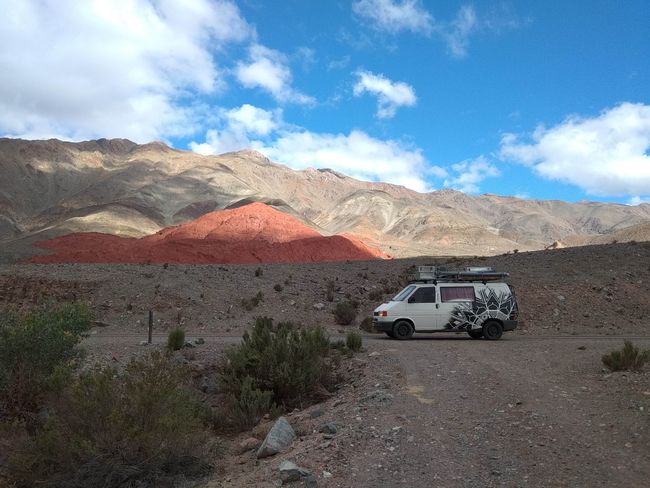
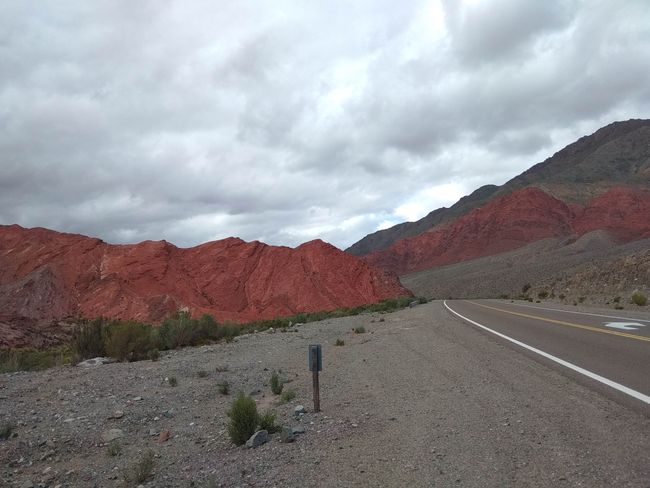
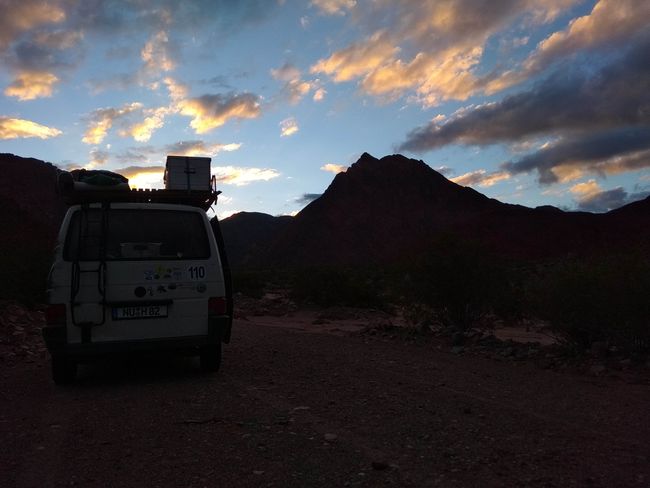
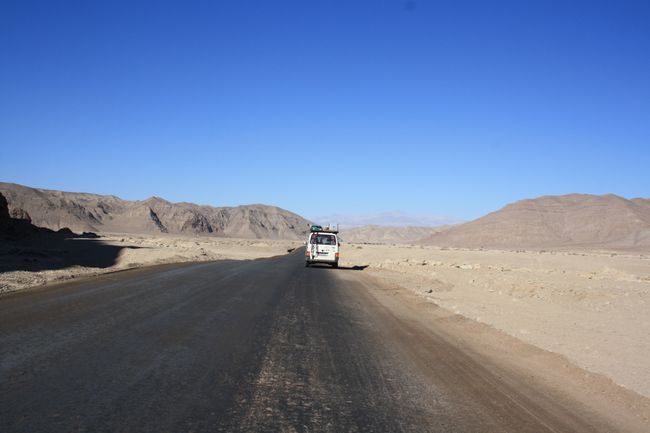
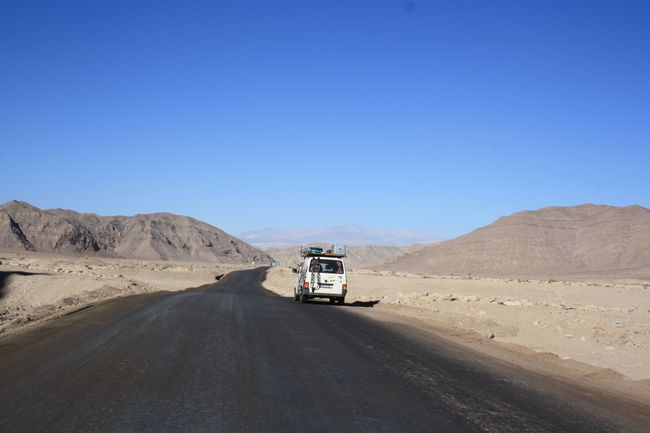
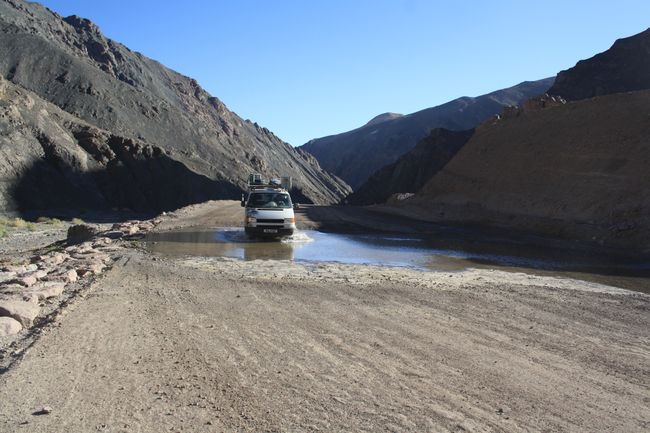
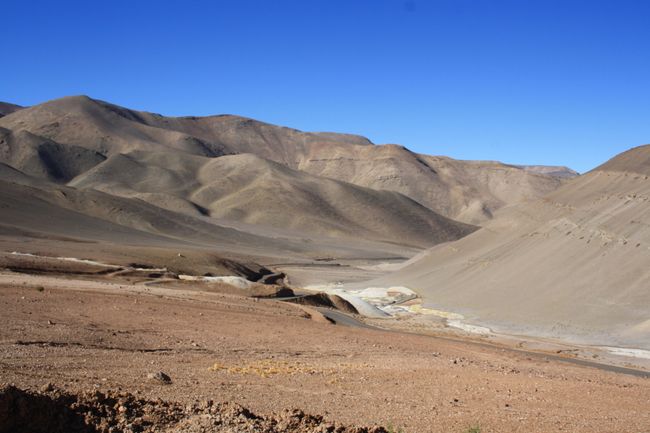
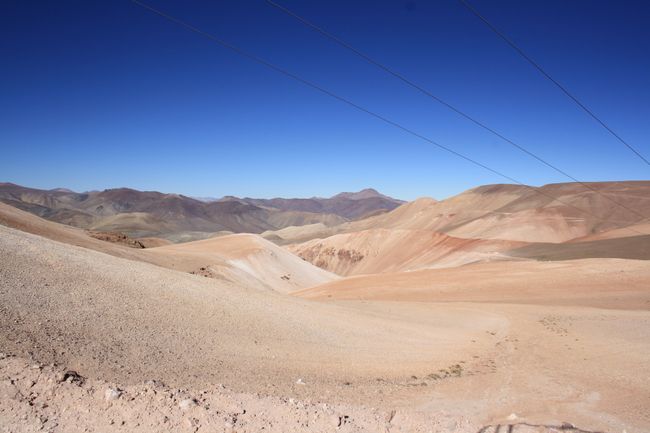
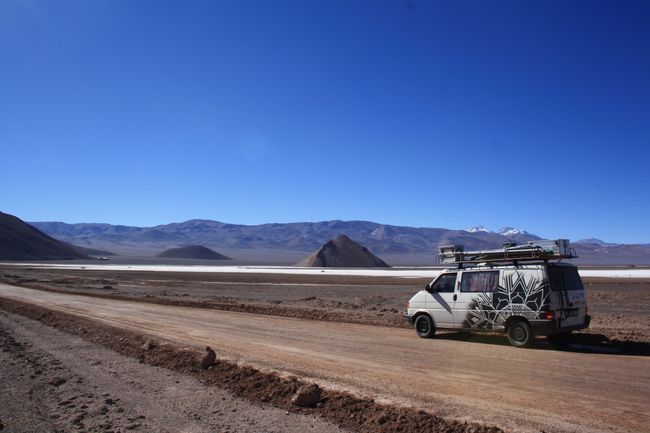
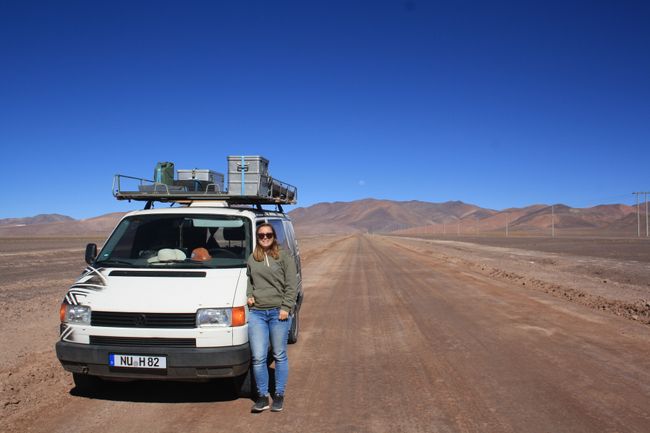
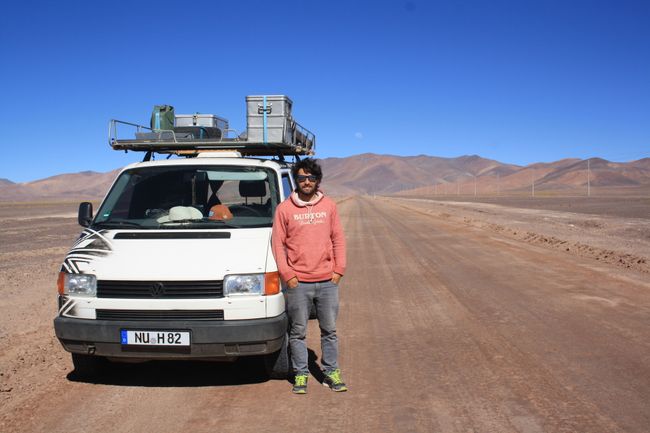
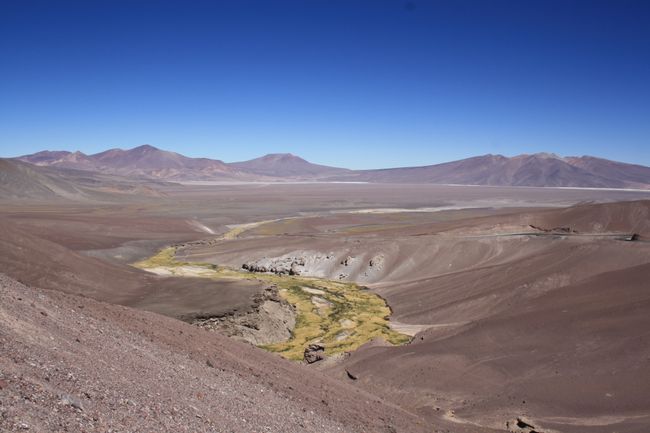
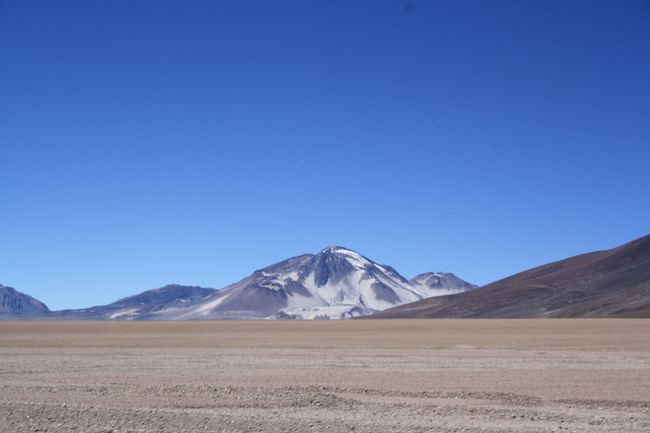
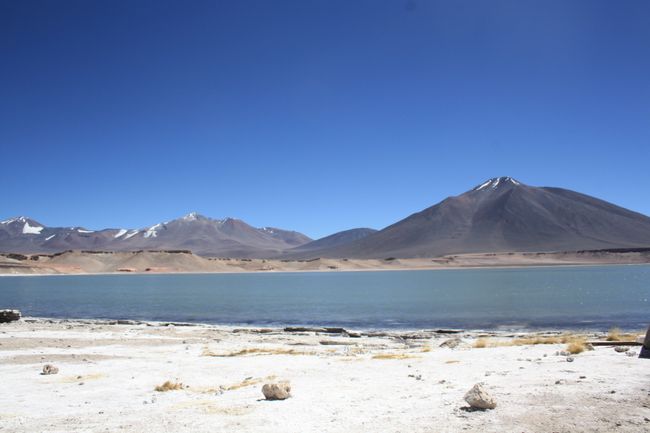
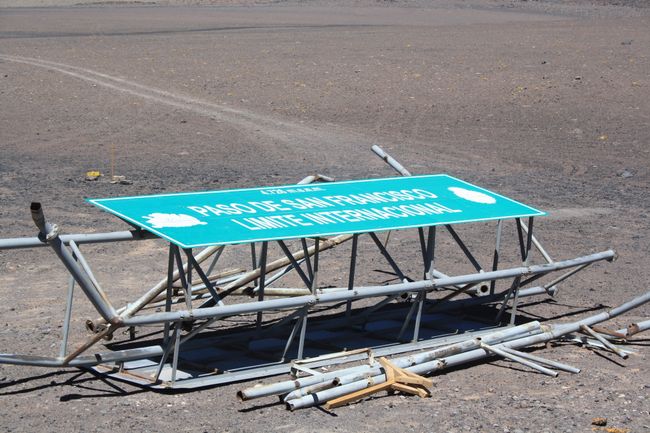
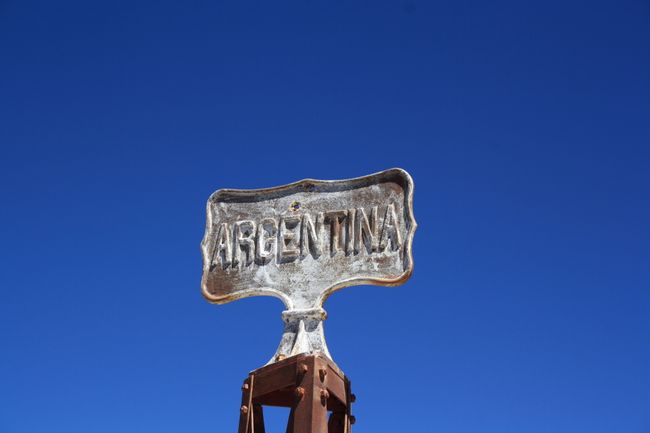
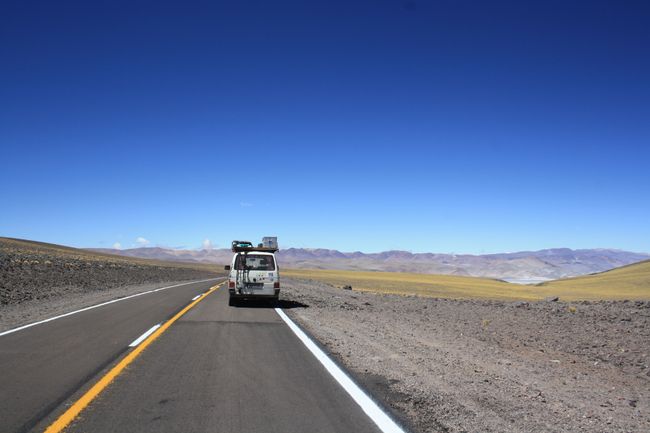
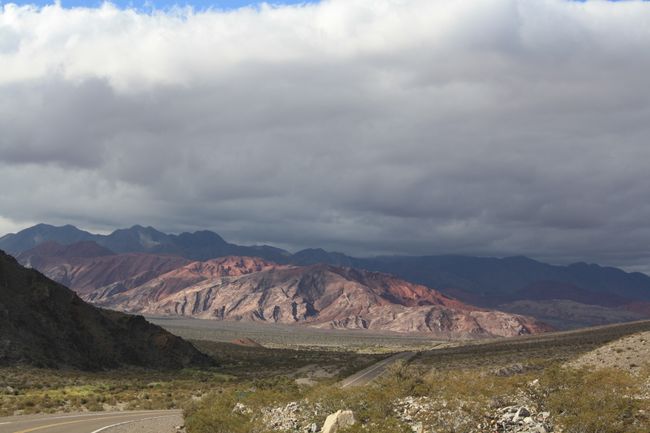
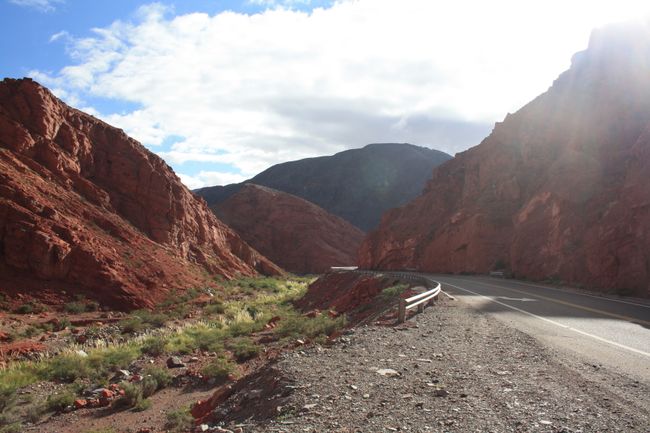
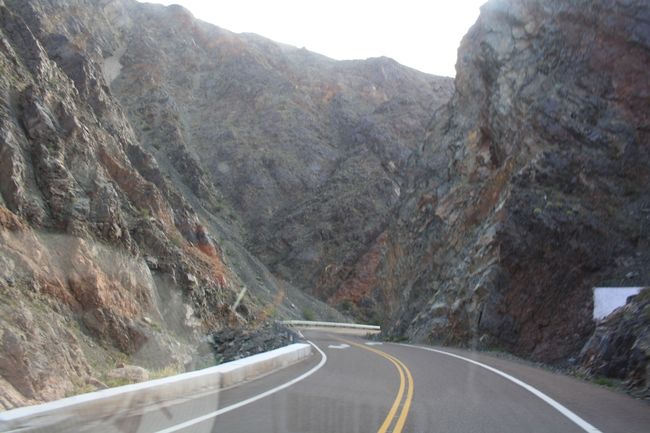
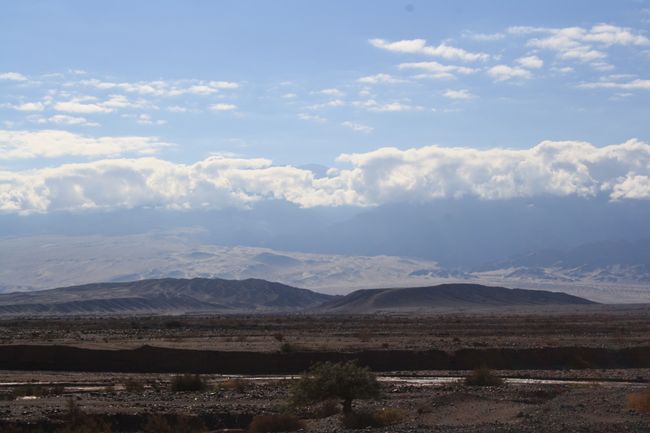
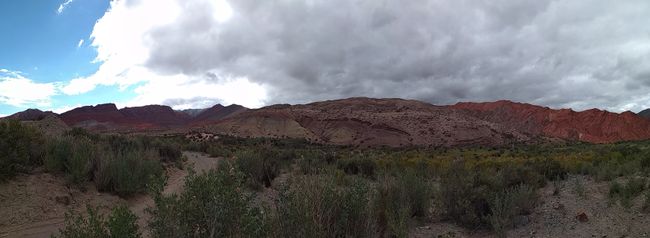
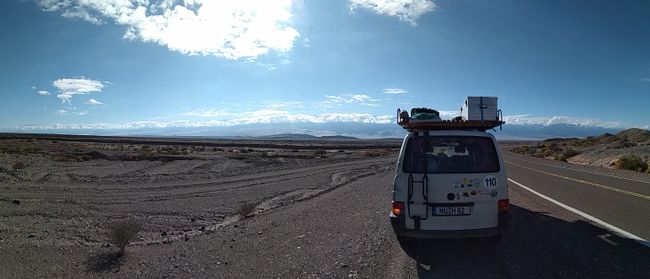
뉴스레터 구독
We definitely wanted to drive over a mountain pass in the Andes, but our travel route was not really planned for it. There is no pass from the coast of Chile to the Atacama Desert. In the travel guide (from 2014), Paso San Francisco was mentioned as it is supposed to be a particularly beautiful route. However, an all-wheel drive vehicle with high ground clearance was recommended. Our Egon has already accomplished a lot, but that was too risky for us.
But then in Valle Elqui, we met two French people with 3 children who drove the pass with their giant motorhome and had no problems. So we decided to drive the pass as well.
And actually, a lot seems to have happened in recent years. The road was not paved, but it was well-maintained (yes, there is a difference) and therefore easily drivable. In addition, we imagined the drive to be much steeper and more adventurous.
The pass road starts in the desert town of Copiapó (at an altitude of about 500 meters above sea level). This is where you can do your last shopping and refuel. The latter is quite important because the next gas station is 473 km away, in Argentina. We took the opportunity to fill up our jerry can again, you never know. And off we go, 250 km through the desert. Slowly, the road leads through mountains and a river (wherever it comes from in the desert) to higher altitudes. Every 500 meters of altitude, there is a sign, and at 2800 meters, there is a small picnic area by a river for acclimatization. Since it was already evening, we slept there without any problems.
The next day, we continue. The road is still good, but it gets steeper and after a small serpentine passage, we reached the Chilean border station at an altitude of 3756 meters. Even simple movements became quite difficult here, you can feel the low oxygen in the air. Our Egon also struggled with the high altitude and started emitting more and more black soot from his exhaust. Well, the guys at the border station weren't quite ready for customers yet, it was only 2 hours after opening time. The whole process was also quite sluggish, but we can't blame them at this altitude.
Now we continue for 93 km in no man's land. Past dried and not-so-dried salt lakes and the highest volcano and highest mountain in Chile, 'Nevado Ojos del Salado', with 6891 meters. Where there are volcanoes, there are also thermal springs. There are some right by Laguna Verde (at an altitude of 4325 meters). In general, you are surrounded by five- and six-thousanders here, some of which are even climbable for the really crazy ones. For us, it's a mystery, we already got dizzy when squatting down and standing up. In addition, it's naturally quite cold (compared to down below), but the weather god was kind to us up there, I think we had great weather.
In our opinion, the road workers there really perform a masterpiece. The remaining 30 kilometers of the pass road on the Chilean side are still being improved. Hats off to these men who do physical work at such altitude and still smile and wave friendly.
At the end of the construction site, the highest point of the pass road is reached: 4727 meters (!!!!!). There is a sign indicating this, but unfortunately, it was lying in the roadside ditch, so we couldn't take a picture with it.
Shortly before the Argentinean border station, there were thermal pools where we took a siesta. The Argentinean border station already seemed a bit more organized. After a short border formalities and no car check (for whatever reason), we continue on the Argentinean side, which is paved. The road runs along a river that breathes life into this godforsaken area and winds its way through the mountains like a green strip. Back at around 2500 meters of altitude, we slept by the river.
We all agree that this pass crossing is also one of the highlights of our journey, and we are looking forward to the next one like little children: Paso de Jama to Atacama.
뉴스레터 구독
답변 (3)
Ninjo
Wenn fröhliche Menschen reisen, ist das Wetter gnädig. Ihr habt ja schon genug Regen und Feuchtigkeit gehabt. Ninjo
Ich hoffe ihr habt auch ein paar Bilder vom Sternenhimmel schliessen können. Das muss doch toll sein solch eine klare Luft und keine andere Lichtemision.Josi
Ja der Sternenhimmel ist der wahnsinn, leider sind wir Fotografie technisch nicht sehr begabt, aber unsere mitreisenden vielleicht kann ich mir von ihnen ein paar Bilder klauen ;-)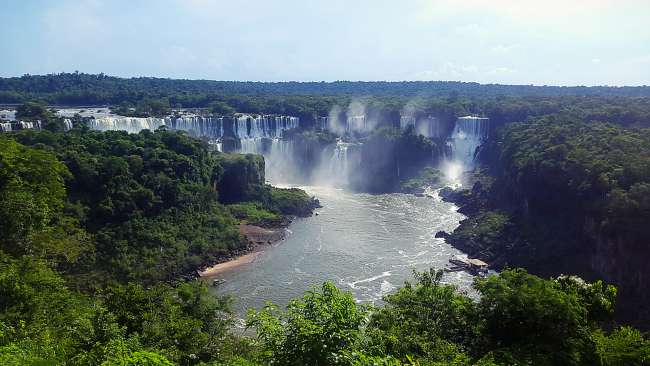
아르헨티나 여행 보고서
